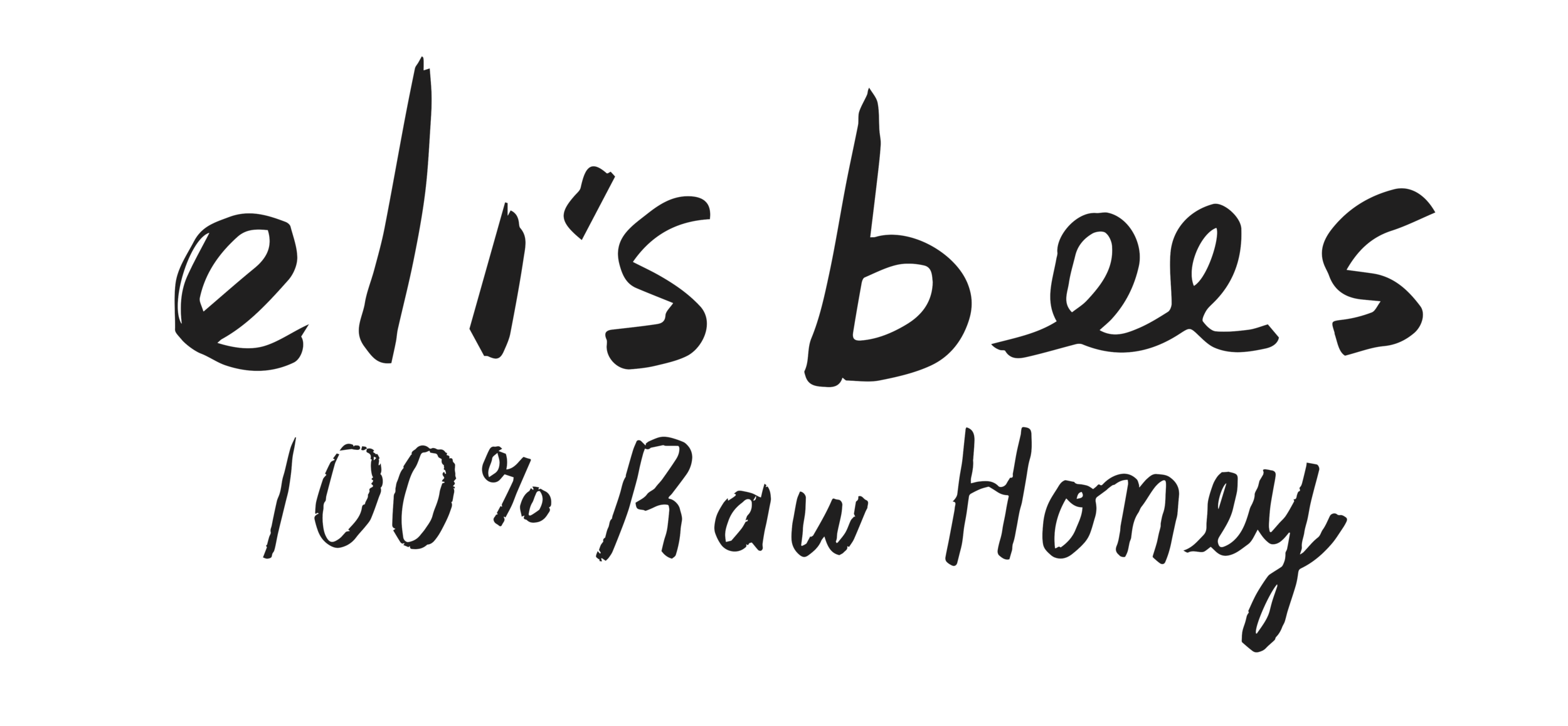
Beekeeping in the Los Angeles Area
Eli’s Bees was founded in 2010 by Eli and his father, Nick. Together, they now keep between 200 and 500 honeybee colonies along the coastal canyons and ridges of the Santa Monica Mountains. Ours is a climate of perpetual drought. Our blooming season is short but productive and with a lot of dedication and a little bit of rain, our healthy, happy bees produce a wide range of honey varieties.
We operate in one of the world’s plant diversity hotspots. Our bee locations span the coast from Zuma Beach and Nicholas Canyon in western Malibu to the Pacific Palisades. They collect black sage and chamise nectar along the seasonally wet hillsides of Topanga canyon, Malibu canyon, and Santa Monica. They visit the native Toyon and Laurel Sumac shrubs that bloom late into the summer on the dry, hot ridges of the Mulholland Highway in Calabasas out to Encinal Canyon.
Our goal is to harvest small batch honey that evokes the unique nectars of this beautiful landscape. Occasionally we share our bees with local farmers who depend on pollination to produce the fruits and nuts we all enjoy. We also harvest honey from hives that bloom in parks, people’s backyards, and other secret fertile pockets of the urban landscape.

Our Bees
These days, disease, drought, wildfires, and development limit honey supplies in Southern California. Our bees are cultivated from feral Southern California stock descendent from populations that escaped from bees brought to Los Angeles county to pollinate peach and orange groves in the early days of our city. Over generations, these resilient creatures have adapted to Southern California’s climatic patterns. Bees are the best teachers of beekeepers. They teach us patience and sensitivity and force us to be aware of the fluctuations of natural world. However, feral bees can also express undesirable traits such as heightened defensiveness and aggressive behavior. We select against these traits and search for hardy bees that can cope with the myriad challenges that make life hard for domestic bees.
We are always looking for new locations to keep hives. Having bees on your property will bring new life to your garden. We depend on the good will of our bee yard hosts and reward them with a years supply of honey. If you would like to host hives on your property please contact us and let us know where you are located and what your land is like.

Our Honey
Each one of our honey varieties are harvested from a single location at one particular time of year. Because our honey is not filtered or pasteurized, each run of our honey retains unique amounts of pollens, natural enzymes, complex sugars, textures, colors, and taste profiles. Each jar of liquid gold we produce is evidence of the robust natural complexity of the Southern California floral landscape.
Our honey tastes good, and it’s also good for you. Eating local honey may reduce sensitivity to pollen from the flowers and trees in your neighborhood, alleviating hay fever and related allergies. Honey is antibacterial and antifungal and can be used to treat sore throats, colds, minor cuts, and burns. It also makes a delicious, healthy alternative sweetener for drinks and baking products.
Our honey is packaged in 4 oz, 8 oz, and 12 oz jars. Each jar is labeled with a location and harvest date. For our most up-to-date description of honeys in stock please refer to our current Honey Varieties. To order honey go to the store.

Meet the beekeeper
Eli grew up in Los Angeles and spent his youth hiking the Santa Monica mountains and surfing the beaches of Malibu. Upon graduating from Columbia University in New York City, he moved to Southern Chile where he surfed, studied permaculture design, and was introduced to beekeeping. He was drawn to the beekeeper’s responsibility to understand weather dynamics, plant genetics, and the insect biology that make up the world of the bees. Upon returning to Los Angeles, Eli began beekeeping as a hobby. It soon became an obsession and his love of bees and nature quickly grew into the full-time enterprise that is Eli’s Bees.
Eli currently lives in Topanga Canyon, where he runs his bee operation. He spends his time caring for his bees, harvesting honey, organizing his hives to pollinate crops, and doing educational outreach with children and adults of all ages.
